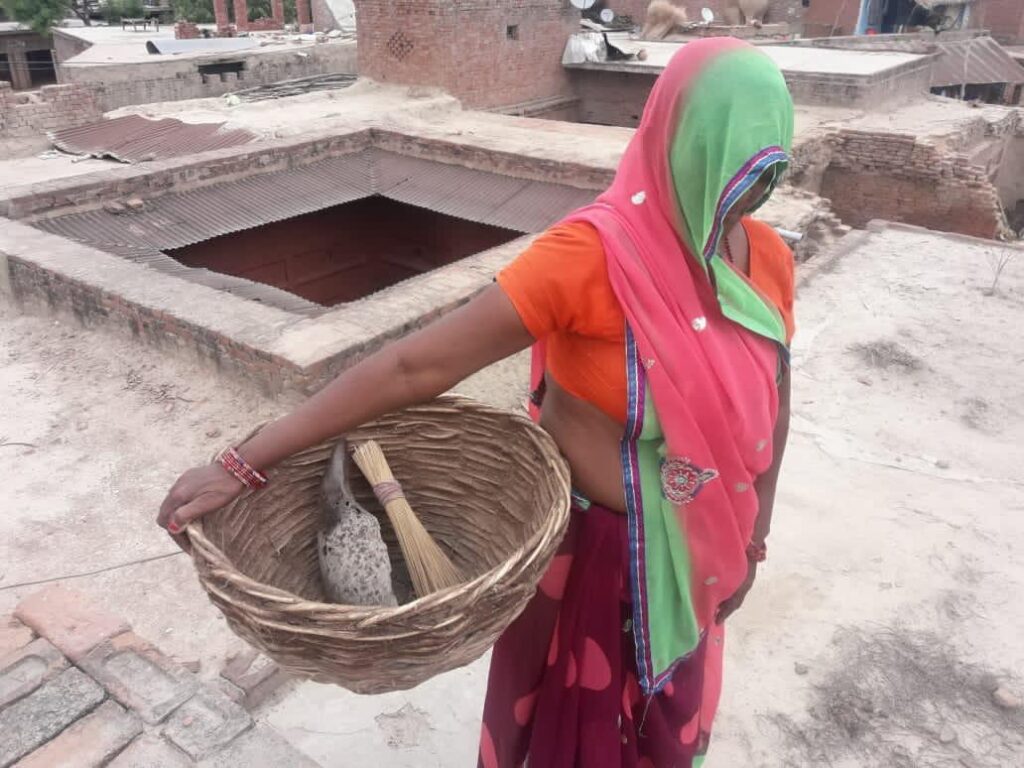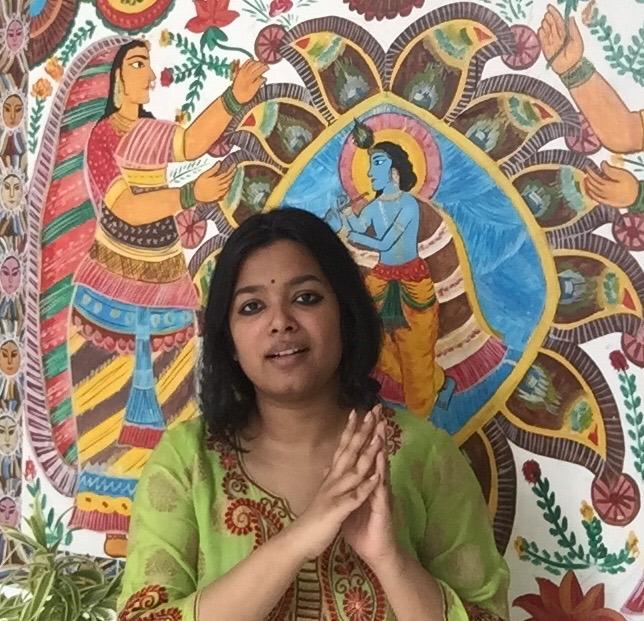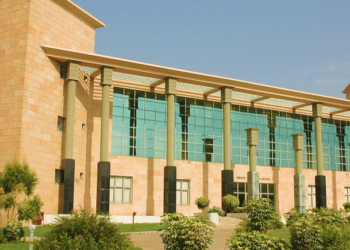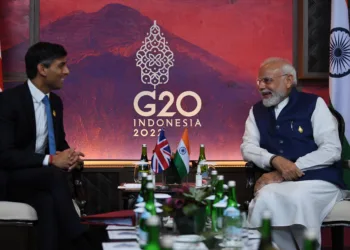The centuries-old discrimination and atrocities are still invisible in the pages of history
By Pragya Akhilesh
Today, the demoralisation of the sanitation workers and manual scavengers on the banks of the Ganga is a result of how Dalits in India have always been discriminated against throughout history. The sanitation workers of India are tired of being called ‘COVID-warriors’ so much so that they feel that it perpetuates the caste burden by turning the colour of the pandemic blue. This is exactly how upper castes have gotten away by burdening them for hundreds of years. All through the pandemic, the sanitation workers have not only picked up dead bodies but have also ‘manually scavenged’ animal carcasses and have had to clean the toilets every day.

Sumit Balmiki, a sanitation worker from Unnao, says, “We feel that the cost of life of a scheduled caste person is not as much as that of other people in India. We risk our lives every day, yet we never burden the upper castes with our deceased even in the face of the fear of outbreak.” This reinforces Manu Smriti: ‘I fear that if I speak the truth, my tongue will be cut out.’ Jeetu Raj, a sanitation worker from Ballia district, says that ‘masked people’ would also visit the sites and ask them to discard the ‘saffron cloth’. “The burden of our struggle for dignity is such that when our sanitation worker colleagues died, the locals asked us to not put on the ‘saffron clothes’ as if they were only for people of upper caste.” Ranbir Kumar, state coordinator of Safai Karmchari Andolan (SKA), says that the roots of these lie deep in Indian history. The sanitation workers are forced to scavenge bloated bodies in Uttar Pradesh and Bihar by the locals, without any proper gear or equipment. This makes us rethink whether ‘the brooms are still tied to their waist.’
It is true that through Indian history the surge of Buddhism during the Mauryan period was precisely to counter the Brahmanical consolidation of the Shunga Empire. Today, the valour of Shivaji is reiterated in every school, not ever mentioning Bhatta’s persuasion to trace Shivaji’s lineage to legitimise his coronation. The Brahmanised orientation of India’s history and its justifications are further rooted in its obsession with ‘purity’ as Peshwas converted India into a ‘Brahmanya-raj.’ The Battle of Bhima Koregaon is long forgotten and so is the imprint of the earthen pots tied around the ‘untouchable’ to carry his spit, for his spit would pollute the Brahmin if he were to come in contact.
India’s Mahars have deep–rooted scars of these very brooms tied around their waist. The Mehtars, Bhangis and Valmikis are still haunted by the pretensions of eradication of manual scavenging for they have picked up carcasses and human excreta with their bare hands for thousands of years. The state of double discrimination of the Halalkhors is not very well recorded. The case of identity is so important that the cosmopolitanism of the Delhi Sultanate seems satirical. After all, it ought to be of the ‘slave dynasty.’ While they are painted as barbaric, the Rajputs are shown to be proper, their heroism is precisely worshipped but there remains a silence about the other side of history.
The most important step in the Dalit movement is not just their declassification as ‘Harijans’ but also rejecting Gandhi’s assertions of helping them as he did without understanding that his policies had a cavernous denotation of exclusion. The consequence of the Poona Pact together with the non-placement of social reforms before political ones alienated the Dalits from seeking inward methods of mobilisation. According to Ambedkar, the Hindus of India have always had a curious case of ‘deep ingrained ethnocentrism which has time and again prevented them from reconstruction of the Hindu society.’ Both the extent and essence of the conversion of the Mahars are also not captured in the chapters following Ambedkar’s conversion to Buddhism.
The nature of sources of Indian history is such that it forgets to understand the vastness of the hardships of the marginalised on whose shoulders the political leaders freed India of the ‘British Raj.’ It was an ‘untouchable’ who performed the menial chores at their houses while these leaders were busy formulating the resolutions of protest and resistance of the Congress.
The Dalits were rewarded with the need to fight a twin battle both with the core of the Congress dominated by Brahmanised policies and British atrocities. The enlistment of the marginalised in low-ranking positions in the British Empire was to further the disintegration of an ‘India’ that the political leaders were already working at. It is also true that the Dalit movement should have harnessed every single piece of economic opportunity which the other Indians denied them. Indian history as recorded now does not make us realise that the Dalits have been betrayed time and again by their ‘own’ people who never thought of them as their own. The sanitation workers too have seen it all. They have suffered because of many revered leaders like Lokmanya Tilak who appealed to Hindu symbolism and also saw the education of women and non-Brahmins as ‘a loss of nationality.’

The sanitation workers cannot forget Vallabhbhai Patel’s actions in Kavitha village, nor the gimmicks of the Harijan Sevak Sangh. They not only remember Dewas’ axe but also atrocities against their brothers in Kachanatham, Bathani Tola and Khairlananji.
The saffronised shores of the Ganga continue to represent the colour of corona each day. The manual scavengers of India need an ‘un-brahminical’ movement to overthrow the teachings of Manu Smriti and refrain from reasserting origin-based superiority and legend-making. They also need answers from both Hindutva proponents and the people of India as to why we have been hiding the true extent of their atrocities from the annals of history.
(The author, known as the Toilet Woman of India, is a trade unionist, activist and theatre director.)








